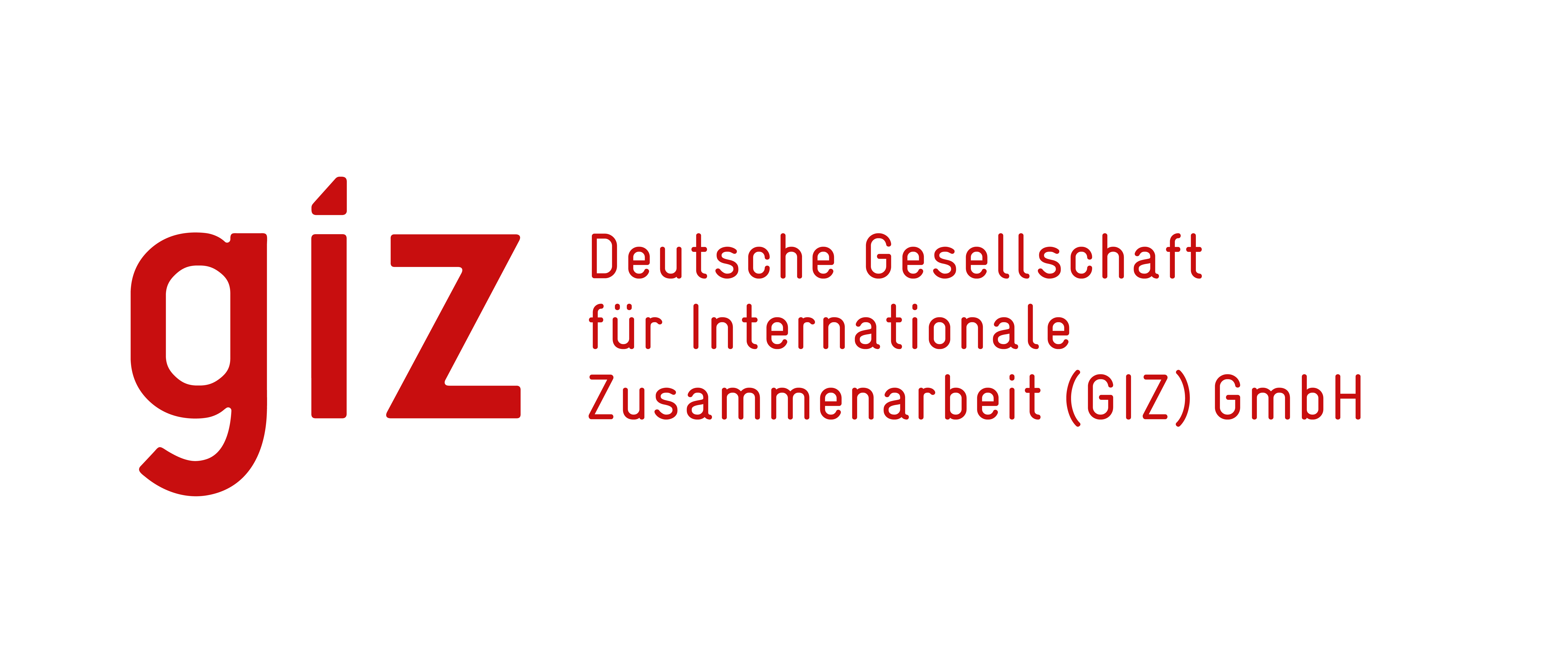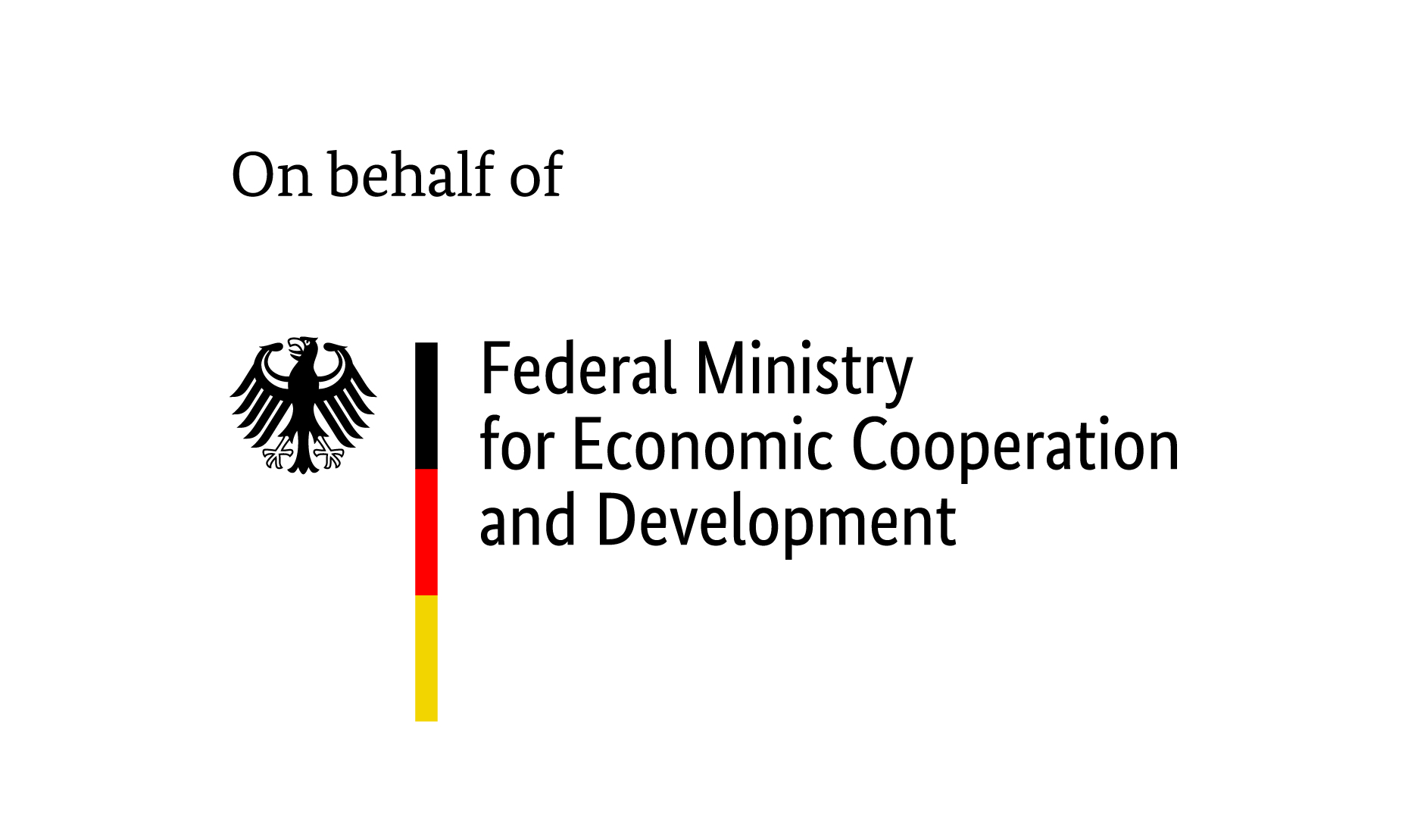
Acting ahead of a disaster increases the choice for households to navigate the shock on their own terms
Read “Anticipatory Cash Transfers in Climate Disaster Response” by Ashley Pople, Ruth Hill, Stefan Dercon and Ben Brunckhorst here.
In the monsoon season of 2020, five and a half million people in Bangladesh were affected by severe floods. The United Nations World Food Programme was able to help some of those affected along the Jamuna River by sending them a cash transfer before the flooding. In this VoxDevTalk, Ashley Pople and Ruth Hill discuss their work evaluating the effectiveness of this anticipatory cash transfer. Acting ahead of a disaster increases the choice that households have to navigate the shock on their own terms, while providing early warnings of floods can allow households to protect their assets. Three months after the flood, households that had received the transfer reported significantly higher child and adult food consumption and wellbeing. They also experienced lower asset loss, engaged in less costly borrowing after the flood, and reported higher earning potential. These benefits from the anticipatory cash transfer occurred before a traditional humanitarian response would normally arrive, highlighting the benefits of being early.




